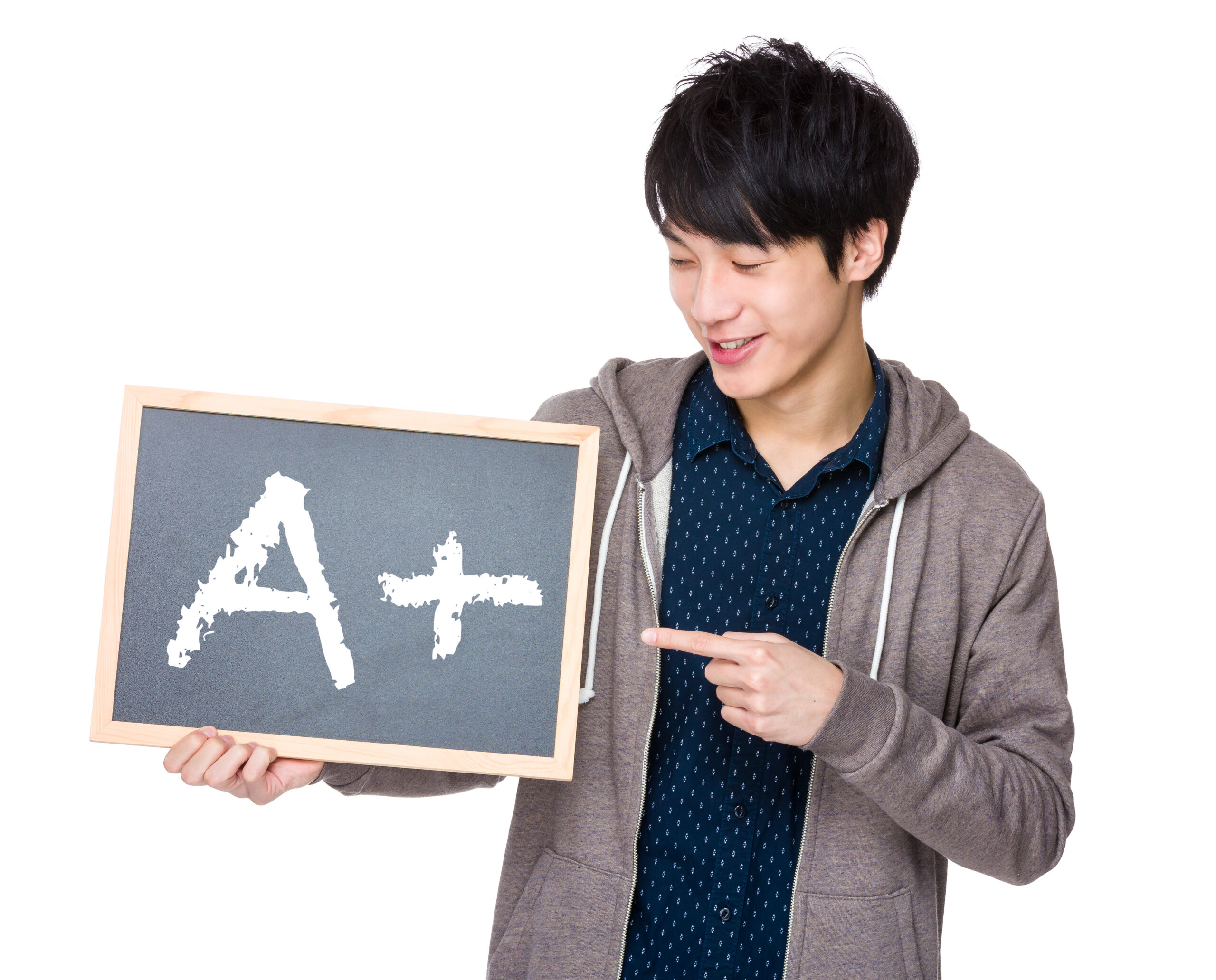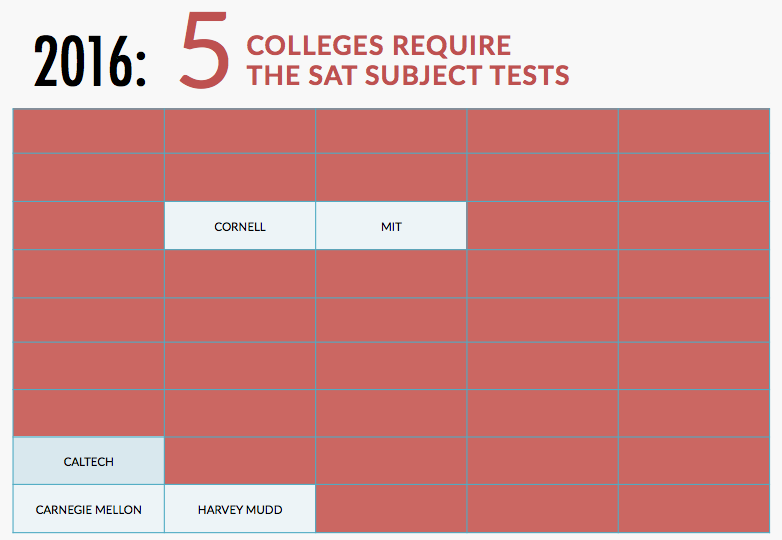How Colleges View Weighted Classes and Course Rigor
While there isn’t an exact formula for getting into college, it’s important to understand how weighted classes, course rigor, and even the high school that you attend affect your overall college profile. Here’s how college admissions view course rigor and how it pertains to weighted classes and coursework.
Factors to Consider
Factor #1: How Do Colleges Rank High Schools?
Colleges look at the high school you attended to gain a better understanding of the courses available to you. They then compare you to people with similar scenarios. Public colleges compare you to your classmates at the same high school—not others. While private universities offer some flexibility, they are still known to compare individuals from schools with similar socioeconomic demographics and similar course availability.
Colleges generally compare you to your classmates at the same high school—not others.
This does not mean you should attend another school nearby because they offer more APs. There would be no beneficial impact, as students would continue to be compared to their immediate peer group.

It also doesn’t mean you should self-study for APs outside of what’s offered in hopes of looking better than your peers. Self-studying for AP exams is often perceived as manipulative, try-hard, and contrived to look good for college, rather than a genuine attempt to learn. Colleges measure students’ coursework and performance based on the curriculum offered and the grades earned, not the AP exam scores. Self-studying for APs does not factor in the same way as grades do in the evaluation process. You can read more about the value of APs and AP testing here.
Factor #2: What courses did the student take?
Colleges will look to see how you challenged yourself in light of which courses were available to you. They expect students to balance weighted and unweighted classes so that you’re challenging yourself without over-challenging yourself.
That means it actually looks bad, not impressive, to sign up for every AP and Honors course available to you, especially if you can’t earn A’s in that many challenging courses. That being said, more rigorous universities do have greater expectations for weighted coursework, as they’re looking for students who have already proven they can excel under a rigorous course load.
This means you should really know yourself before setting your sights on a Tier 0 school and enrolling in an abundance of weighted courses. If you actually have the proven track record demonstrating that you can earn an A in several Honors and AP courses at once, taking on a heavy load might be a difficult but strategic move. For most students, however, this is a huge risk that we strongly advise against, as earning low grades in weighted courses may hurt your chances of making it into a perfectly good school because you were aiming too high to begin with.
That being said, what’s the ideal number of AP and Honors courses you should take?
Pro-Tip: Take 2-4 weighted classes at any given time
This is highly recommended, at least for those attending school in affluent neighborhoods with plenty of weighted course options. This is enough to open up virtually all college doors, so long as you do well in them.
Factor #3: How did the student do in the weighted classes?
With many students focused on the number of weighted coursework they take, they undermine the importance of the grades they receive. Colleges always prioritize your grades over the list of classes you took. For this reason, Unweighted GPA is arguably considered the most important number in college admissions. It demonstrates a student’s performance in their classes without taking into consideration the rigor of course.

Taking weighted courses makes students look good for college only if they earn A’s in those courses, NOT if they struggle. Choose courses that you are confident will not overwhelm you; are you absolutely certain you can earn an A in each class you enroll in? Make sure to also ace your finals, as they often heavily impact your grades.
In addition, do not fall victim to the myth that getting a B in an AP class is similar to getting an A in a non-weighted class. Getting a B in an AP class is getting a B. End of story. Getting good grades (A’s) should always be your first priority.
Bonus Factor: What additional context may affect the student’s academic performance?
In some cases, the grades and course load will not tell a student’s whole story. Life happens unexpectedly. It could be a bad fever during finals week or the passing of a loved one junior year. Colleges are willing to hear you out as long as you show a positive grade trajectory after the incident.
Family background is another factor that can play a vital role in college admissions. For example, if you are the first in your immediate family to go to college, that can put substandard grades or lack of weighted coursework into perspective.
Pro-tip: Having a hard teacher rarely counts as valid context.
Having a bad teacher or a hard teacher rarely counts as a legitimate educational hardship. After all, you’ll have plenty of hard professors in college, so admissions departments want to know you can succeed under those professors as well.
How Colleges View Weighted Classes and Course Rigor Conclusion
The good news is that colleges take an equitable approach to admissions by evaluating your performance in light of the number of opportunities you had available to you. This means no matter what school background you’re coming from, making strategic decisions about your coursework can send a strong message that you’re willing to push yourself academically while still earning good grades.
If navigating the maze of college applications still feels overwhelming, we can help. Our mentors come from admissions departments of top universities in the US, and they can offer customized advice to help you optimize your profile and boost your chances. Get started with a free consultation to meet our staff, make a connection, and discuss which of our services is the right fit for you.
See you soon!
Podcast: Play in new window | Download















